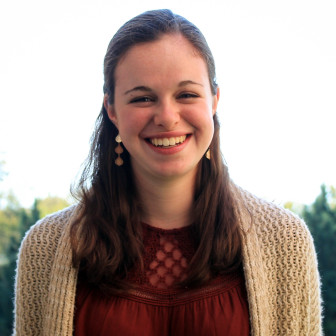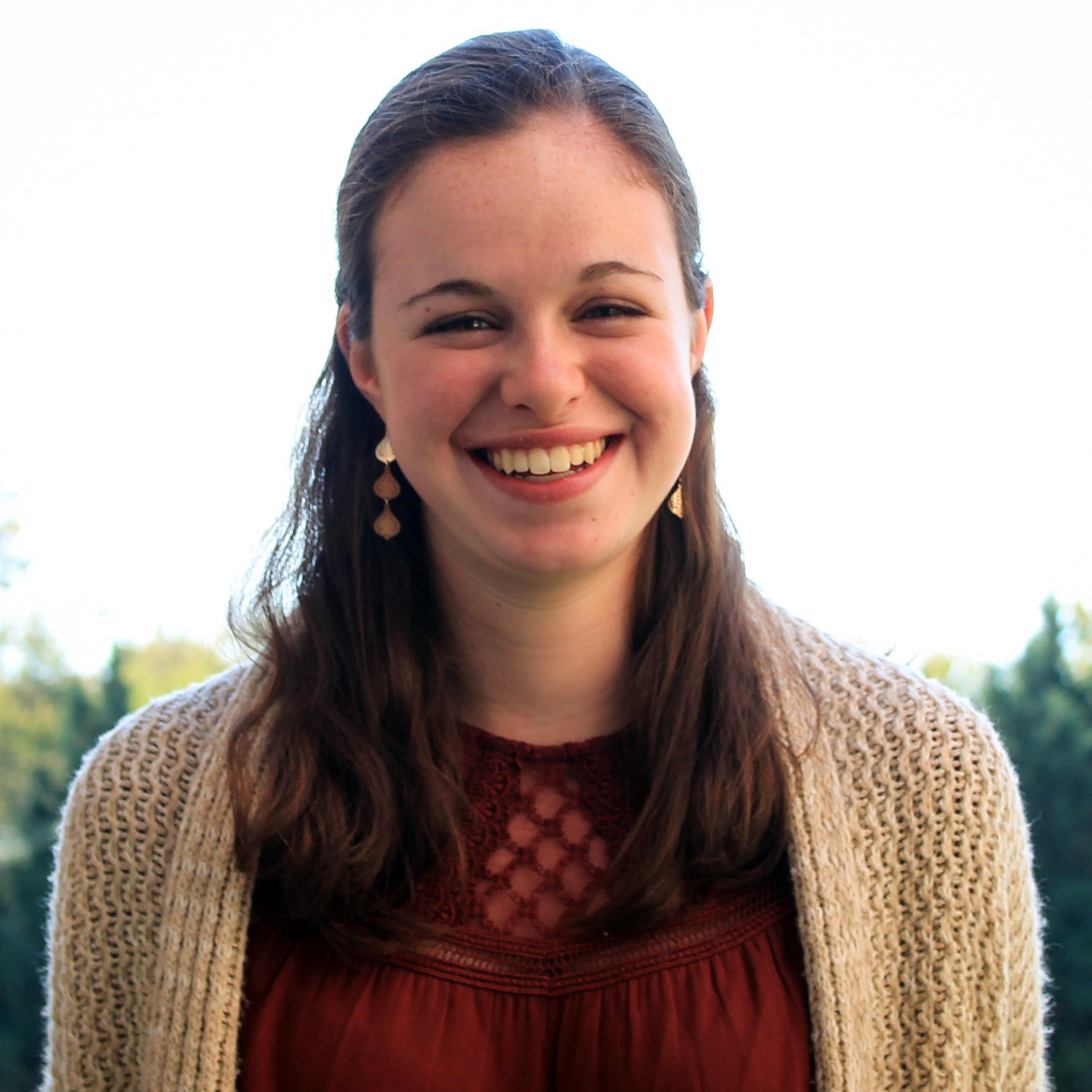 It’s a bright and sunny Tuesday morning in bustling Washington, D.C., and I’m headed to jail.
It’s a bright and sunny Tuesday morning in bustling Washington, D.C., and I’m headed to jail.
The roads are bumpy, the ride is jerky, and I’m nervous. I didn’t expect to travel to a juvenile detention center when I woke up this morning. I’m 17 years old, no longer a kid but not yet an adult, the prime age to suffer the consequences of the ongoing conflict between my developing adolescent brain and desire to finally be a “grownup.” If I were a black male from a struggling neighborhood in inner-city D.C., I might be on my way to an orange jumpsuit and a yearlong stay here. But I’m not. I’m a white girl from an affluent suburb in Maryland, so I’m just at New Beginnings Youth Development Center for a two-hour visit.
I’m incredibly privileged to be born into a society where I am guaranteed rights because of characteristics of my identity that are beyond my control. But this privilege also promotes naivete: Because I live in a safe place where police would likely treat me fairly, I have never had to be aware of the justice system the way that many teenagers around the country need to be every day.
Let me give you a little bit of background. For three weeks, I’ve been a high school intern at the Center for Children’s Law and Policy (CCLP), a nonprofit organization that works to reform the juvenile justice system. I’ve had the opportunity to learn a lot, but the most important thing I’ve done is re-evaluate my perspective on juvenile justice.
I am a person who abhors naivete. I consistently make efforts to get out of my comfort zone, to expose myself to new things and to learn about perspectives different from my own. Over the last few weeks, however, I’ve slowly been able to recognize the narrowness of my view of the world — and of juvenile justice in particular.
I often hear news coverage of juvenile justice and police brutality issues, and because of this, I considered myself to be sufficiently informed on these topics. However, the sliver of truth broadcast in the media is just one part of a vast number of heartbreaking juvenile justice issues. I’ve known for a long time about the disparity between black and white kids in the system, but I didn’t understand its full extent.
[Related: Documentary Aims Spotlight on Broken Juvenile Justice System]
According to the Annie E. Casey Foundation, 300,000 youth are locked up pretrial each year. As of 2011, 71 percent were kids of color — even though youth of color make up only 45 percent of the United State’s total youth population.
This statistic is shocking and disturbing, and the disparity it reveals has not left my mind since my first day in the office. It should be stuck in the heads of all teenagers as well, not just mine.
Additionally, my peers (and friends) sometimes skip class, talk back to teachers and experiment with marijuana. During my first few days at CCLP, I was shocked to learn that in some areas of the United States teens are arrested and detained for these minor offenses.
Teenagers are young, inexperienced and reckless. We don’t always make the right decisions or do what we’re told. But there are a lot of us — 41 million — and we can make a difference.
Juvenile justice reform organizations fail to recognize the power of empathy between kids. I am now empowered to make a change because I recognize that I could pretty easily be in the shoes of a kid serving time at New Beginnings Youth Development Center. My peers might feel the same — and even come together to take action — if organizations engaged us in conversation about unfair disparities and harsh treatment of youth in the system.
Back to my morning in jail. After the two-hour tour ends, I climb into the car, buckle my seatbelt and head back to CCLP’s office. But I know the youth locked behind bars can’t leave.
Not every teenager can have the experience I did, but a stronger effort can be made to widen the perspectives of kids around the country. Knowledge is power, and 15 years from now, my generation will be adults.
So, tell us about juvenile justice reform. Make an effort to inform youths about issues that impact them, and I guarantee the number of juvenile justice advocates will increase exponentially.
Emma Soler is a high school senior and features editor of the student-run newspaper at Montgomery Blair High School in Silver Spring, Maryland.
More related articles:
U.S. Should Adhere to Global Standards in How We Treat Our Youth
Should We Close All Youth Prisons and Is Now the Right Time?
